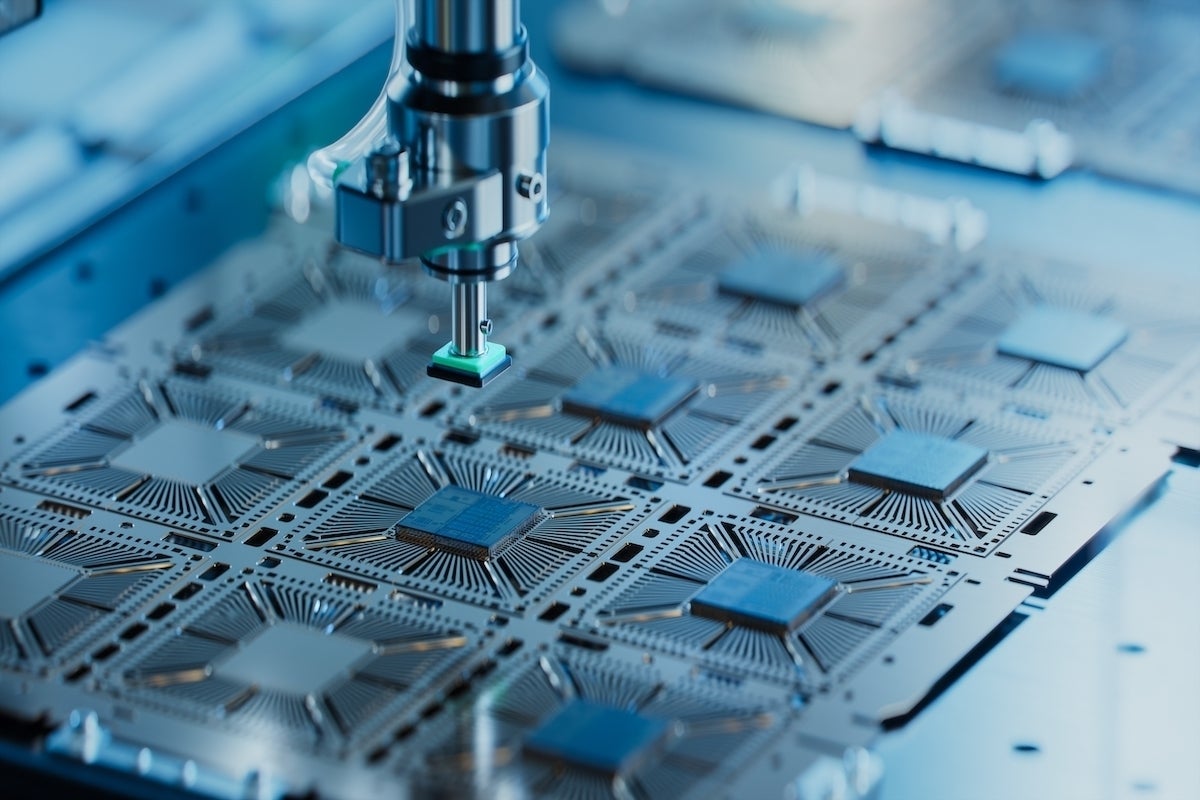- Learn with Cisco at Cisco Live 2025 in San Diego
- This Eufy robot vacuum has a built-in handheld vac - and just hit its lowest price
- I highly recommend this Lenovo laptop, and it's nearly 50% off
- Disney+ and Hulu now offer prizes, freebies, and other perks to keep you subscribed
- This new YouTube Shorts feature lets you circle to search videos more easily
Microsoft partners with Nvidia, Synopsys for genAI services

Microsoft has announced that it is partnering with chipmaker Nvidia and chip-designing software provider Synopsys to provide enterprises with foundry services and a new chip-design assistant. The announcement was made at the ongoing Microsoft Ignite conference.
The foundry services from Nvidia, which will deployed on Microsoft Azure, will combine three of Nvidia’s elements — its foundation models, its NeMo framework, and Nvidia’s DGX Cloud service.
These services, which have been designed to accelerate the development and tuning of custom generative AI applications, are already being used by many companies including SAP, Amdocs, and Getty Images, Nvidia and Microsoft said in a joint statement.
SAP plans to use the service and optimized retrieval-augmented generation (RAG) workflow with the DGX Cloud and Nvidia’s AI software to customize and deploy Joule, its new generative AI-based copilot. Joule, according to SAP, can be used to automate time-consuming tasks and analyze data for intelligent insights.
Telecommunications software provider, Amdocs, is also using these services to optimize its amAIz framework that can be used by telecom companies to build and integrate generative AI-based applications.
When an application is ready to be deployed, enterprises can use RAG to connect their models with their enterprise data and access new insights, the companies said.
The models packaged inside the foundry services also include Nvidia’s new family of Nemotron-3 8B models.
Nvidia’s DGX Cloud has also been made generally available on the Azure marketplace.
“It features instances enterprises can rent, scaling to thousands of Nvidia Tensor Core GPUs, and comes with Nvidia AI Enterprise software, including NeMo, to speed LLM customization,” the companies said, adding that the addition of the DGX Cloud on the Azure Marketplace enables Azure customers to use their existing Microsoft Azure Consumption Commitment credits.
Separately, Microsoft has also partnered with chip designing software provider Synopsys to develop a generative AI-based Copilot.
The new Copilot, which is expected to aid the chip designing process and will be integrated inside Synopsys’ tools, has been trained on large amounts of enterprise data using the Azure OpenAI service.
The generative AI assistant, according to the two companies, helps chip designers identify bugs during the design outlining process.
Copyright © 2023 IDG Communications, Inc.

